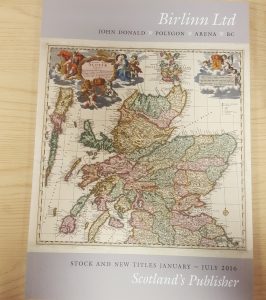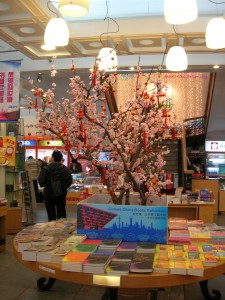Chocolate, fantasy novels, large cappuccinos, watercolours, scrapbooks, yoga, Chinese food and labradors. That’s me!
Currently doing an MLitt in Publishing Studies at the University of Stirling, I wish to pursue a career in the dynamic industry of books, more specifically in Marketing.
I attained a BSc in Business Management at Nova School of Business and Economics (2014-17), in Lisbon, the colourful and sunny capital of Portugal, and the place I like to call home. The course put a strong emphasis on the development of analytical, research and communication skills, and I took modules in Marketing & International Marketing, Strategy, Finance, Statistics and so on, covering all aspects of Business. I spent one semester abroad at The University of Sheffield as part of the Erasmus + Programme, where I became more internationally aware, and where I fell in love with the UK (except for its weather), sharing unique experiences such as living, studying and travelling with people from all over the world.
My passion for the universe of words and my creative disposition dictated that my next step would be to cultivate specific knowledge in the Publishing field. Unsurprisingly, I am a fan of spending hours at bookshops, scanning charming covers and enigmatic synopses, and (discreetly) smelling lovely thin-paper pages. Four weeks into the masters, I have already learned about industry roles, trends, design theory, business models and standard software.
The Marketing of books is what really interests me, not only because of my background in business, but because organisations have become increasingly more customer- and relationship-centric and more experience-orientated. One day, I hope to become more than a mere consumer and enjoy more than the publishing output; I wish to take part on the other side of the industry, where all the magic begins.








